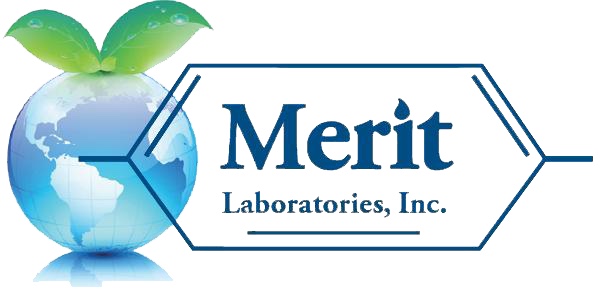The number of PFAS-contaminated sites in Wisconsin continues to grow at a rapid rate. The Wisconsin Department of Natural Resources (WDNR) released a PFAS Action Plan to address growing public health and environmental concerns regarding PFAS in Wisconsin. The Wisconsin PFAS Action Council (WisPAC), a group of nearly 20 state agencies and the University of Wisconsin System, developed the plan, as part of a statewide initiative to ensure Wisconsinites have access to clean, safe drinking water.
The PFAS Action Plan was designed as a roadmap to guide the state in its efforts to address PFAS contamination. The plan includes priority action items identified through input from state agencies, a citizen and a local government advisory group, and the public. Each item contains an overview of what would be required to bring it to fruition, including budgetary, legislative and staffing needs. Action items are categorized into eight themes: standard setting, sampling, pollution prevention, education and communication, research and knowledge, phase-out, future investments and historic discharges.
According to the WDNR, in total there are 25 action items laid out in the plan. Some highlights include recommendations to:
Establish science-based PFAS standards for environmental media such as soil and groundwater.
Develop PFAS risk communication infrastructure including the construction of a website, improved public engagement, partnerships within the community and inter-agency collaboration.
Streamline processes associated with the delivery of safe drinking water supplies to communities impacted by PFAS contamination.
Support veterans, their families and those who live near military sites who may have a higher risk of exposure to PFAS.
“PFAS contamination puts people’s health at risk. We must effectively address this hazard,” said Attorney General Josh Kaul. “The issuance of the PFAS Action Plan is a significant step as we continue working to provide stronger protection for Wisconsinites against forever chemicals.”
Merit Laboratories, a leading national PFAS environmental laboratory with Wisconsin accreditation, analyzing drinking water, soil, wastewater, groundwater, and other sample matrices, including biosolids and sludge. Analytical methods performed by Merit for PFAS include drinking water by EPA 533, EPA 537.1, and EPA 537 rev. 1.1, biosolids by ASTM D7968-17 with Isotopic Dilution, and soil, wastewater, groundwater, and surface water by ASTM D7979-19 with Isotopic Dilution and ASTM D7968-17.

